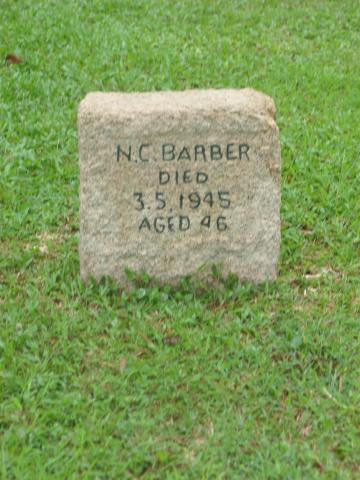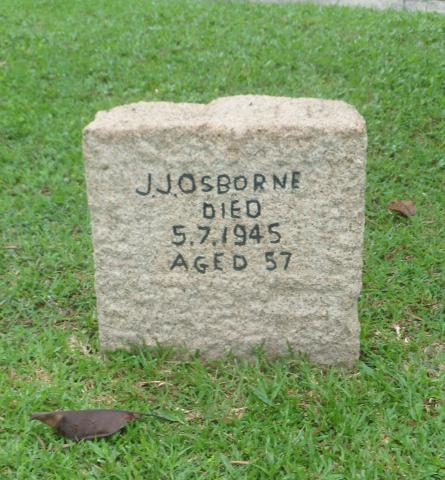An informal meeting of the Hong Kong Fellowship is held at the Drill Hall of the 30th Battln. The Middlesex Regiment in Clapham Park. 650 people attend in spite of the fact that the meeting was arranged at short notice.
Members hear that few communications from Hong Kong had been been received recently, but it was stressed that this needn't mean bad news - the 'Korean Sea' through which mail travelled was 'mined and bombed ceaselessly' and it was quite probable that no more mail would arrive.
Hong Kong escapee Captain Freddie Guest describes the events leading up to the surrender - praising amongst others the Canadians who defended the Repulse Bay Hotel - and then Mrs. Martin, widow of the Consul-General at Chungking, takes up the story describing life in the early days of the occupation.
Canadian repatriate Nell Eliot said that the three main problems in Stanley were lack of food, lack of privacy and lack of news. But there was freedom to organise community life and little interference from the Japanese. She spoke of the valuable work done by the International Welfare Committee under the chairmanship of Franklin Gimson, and said that the productions of the Stanley Optimists - 'twenty clever people who put on "variety entertainments"' - and the interdenominational church services helped keep up morale.
There was a short talk by the Bishop of Hong Kong, Ronald Hall, who said that in an occupied city the Allied air raids were welcomed and that every day brought closer the timed when the prisoners would be returning home.
Controversial Hong Kong escaper George Kennedy-Skipton suggested that in addition to the £60,000 a month sent to the International Red Cross delegate it might be possible to send money to certain Chinese in Hong Kong to spend on food for the camps. However, he stressed the many problems with such a scheme.
The formal part of the meeting closed with a talk by Colonel Browne of the Middlesex and a prayer from the Bishop.
Source:
Hong Kong Fellowship Newsletter, August 1945, pages 4-9

